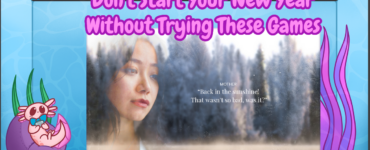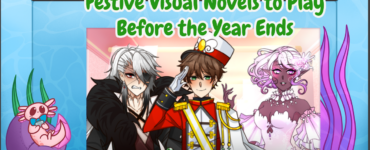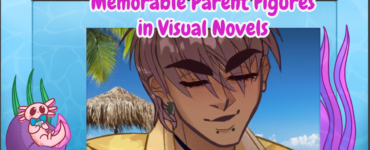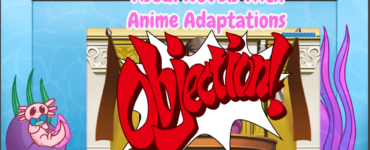Spooktober is right around the corner, and with it being such a big jam within the EVN community, many creatives are actively looking to take part in it.
I recently asked for any advice that previous Spooktober participants might have. I was able to gain some from Spooktober winners Katy133 (writer, artist, programmer) and Orpheo Fenn (composer), who were just some of the members behind the 2nd place winner of last year’s Spooktober, Last Meal at Cafe Mori. As someone who has also participated in two jams now, I’ll also give some advice as well. I’m going to try and avoid retelling any advice I’ve already covered in my “Entering Your First Game Jam” article, so I highly recommend checking out that article as well, especially if this upcoming Spooktober is your first jam!
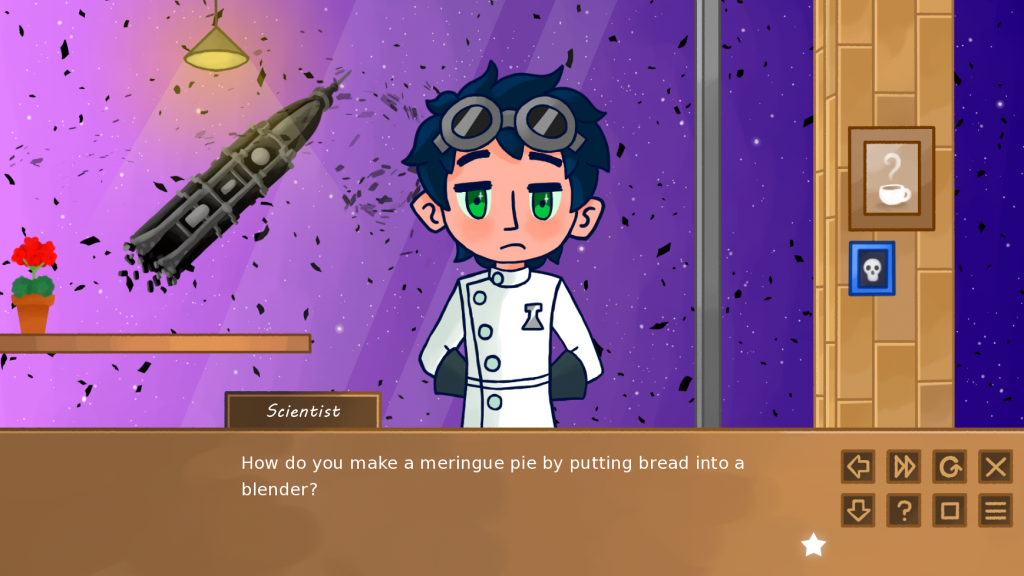
Organization Is Key
First and foremost, no project is successful without organization. If you or your teammates find yourself asking questions about the timeline of your project, such as when certain assets are due or where all the files for the game are, you’ll run into issues in no time.
Think about creating a group chat for your team. That way, everyone is able to communicate with one another without the project lead having to play telephone.
Another suggestion is to create a folder for the game and share that with your teammates. When I participated in O2A2 earlier this year, I created a Google Drive folder and made separate sub-folders for each type of asset. For example, art was in one folder, the GUI was in another, and the audio and music had its own dedicated folder. This will ensure that nothing gets lost within your chat. Yes, you can pin things if you decide to use Discord. However, eventually, you’ll find yourself with a long list of pinned messages that you’ll have to go through in order to get to that one asset you really need. An online folder eliminates this tedious task completely.
When I asked Katy for any advice she had, she suggested another way to stay organized.
Come up with a schedule (a timeline spanning the entire jam) of what each role needs to do each week so that everyone on the team knows what’s happening. If you want to include voice acting, have the script done and locked by the end of the first week (so voice actors have time to record it and there’s time to edit and program in the audio).
Katy133
In terms of what Orpheo had to say, he had some wonderful advice for composers who want to stay on track and organized for their projects.
When it comes to tracks, I don’t actually work on anything for more than 4 hours a day, because you can damage your hearing and get ear fatigue if you aren’t careful. Typically I write a track in a day, but then send it back to the studio for mixing and mastering, after doing the preliminary work myself. It takes about two days to get a completed work from my partner and I.
My process is to ask the director and artists what they’re looking for in music, I ask for specific references from songs they pull from when writing, and then I study the track they sent for several hours. From there I choose the chords and build a “skeleton” of a track. It’s perfectly fine to not finish a work in one sitting, and I don’t recommend trying to do it every day for long hours, so there are times when I’ll erase it and start over from the first draft. This takes me about 4 hours alone in research after I’m sure what the director wants, but it’s honestly really fun, because it’s an opportunity to learn about all kinds of music.
Orpheo Fenn
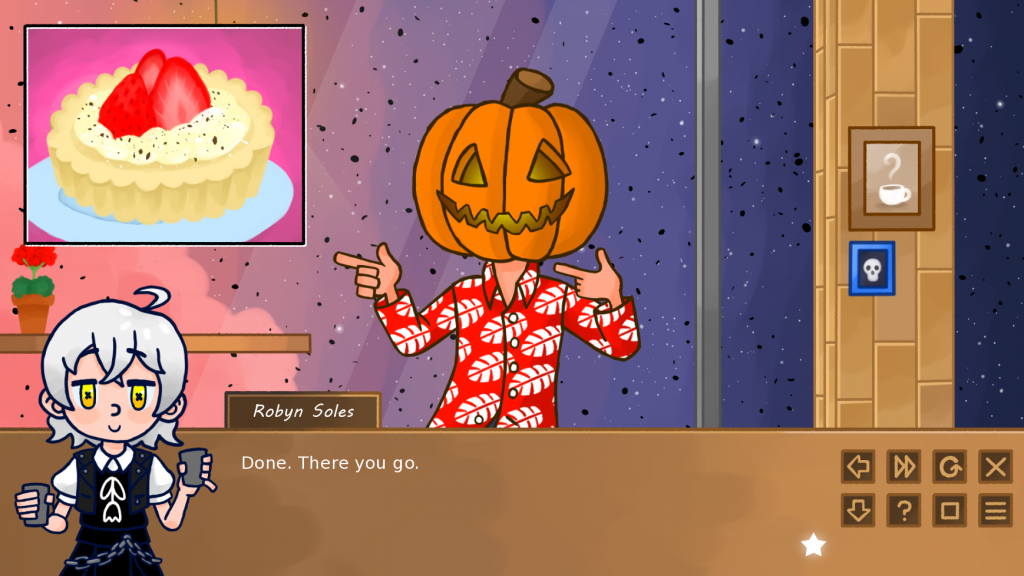
Be Aware of Red Flags
This line of advice might seem harsh, because we have the tendency to think the best of others. However, as it is with anything in life, you’d want to at least be aware of any signs that could spell trouble for you, your teammates, and your project. If you’re working with people you know personally, then you can forego this advice.
Orpheo was able to provide me a list of red flags that he looks out for.
-The developer has no completed works, assets, team or lacks leadership skills.
-The developer is not patient with your schedule, doesn’t communicate needs or wants, becomes demanding of your time, and when you don’t answer quick enough they become hostile. You don’t have to work with anyone you don’t want to, no matter how amazing they are. Nobody should demand your time on a project.
-The developer is unable to lead meetings, acts detached, shows no interest in your craft or what you’re doing. They give minimal feedback or they don’t pay attention to your work. If they do this, it hits wrong, and can quickly destroy any confidence an artist or musician is trying to build for themselves.
-The developer is not planning for success, expects their project to fail, which leads to a depressing time and money sink. It’s important to communicate with them about low self confidence or anxiety they’re feeling, be friendly, supportive and kind – still, know your limits. I’ve seen several give into that feeling of failure, when they’ve barely begun, which is saddening when they only release one game – allowing the feedback on their first draft to determine whether or not they will be successful. Failed projects don’t mean anyone is terrible, it just means they need more experience, and allowing themselves to be caught up in that web of self loathing is not healthy.
-The developer has a tendency to be rude, condescending, lashes out at feedback, teammates, removes people from teams without communicating, name calls or makes jokes about rape and racism. It’s an extremely bad look and it isn’t funny to me. Even worse, the phrase “it’s just a joke, lighten up” after you confront them for it.
Remember there is nothing you actually need to put up with that you don’t want to. You are the one who holds the power in many situations, and don’t even realize you have it. Believing in yourself and your abilities comes slowly over time, so don’t hate on yourself for the learning curve, music is hard and the industry is rough. This isn’t a perfect linear path to success, most of the time that comes from the time you’re willing to put in, and your willingness to understand you might fail. It’s okay to fail. That’s how you improve. You’ll find it in yourself someday and understand you aren’t as bad at your craft as you think you are. You are amazing. You just don’t know it yet.
Orpheo Fenn
Remember, this is a project. It’s built on a foundation of trust and respect for one another. If you begin to see any red flags, whether or not they’re the ones that Orpheo listed, and you begin to feel uncomfortable with the direction things are going, then save yourself the stress and leave. As Orpheo has mentioned, don’t take bowing out of a project as a failure. You don’t need to put up with anything, let alone issues that could be taking a mental toll on you or your teammates.
If you’re the project lead and you find red flags popping up with a team member, there are two ways you can handle it. One way is to talk to them privately about whatever is going on in hopes that things can change. However, if things don’t get resolved despite your best efforts, it’ll be in your best interest to remove them from the project.
Final Words of Encouragement
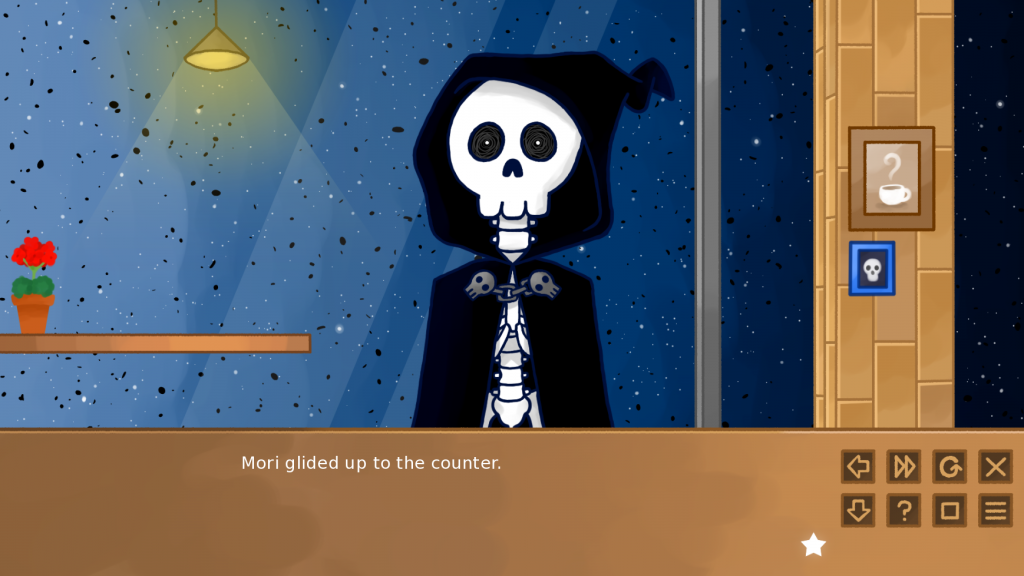
In terms of my advice, I think you should have fun. While Spooktober has cash prizes, I personally think that should be the last thing on your mind. Try to make a game you’re proud of and have fun with it. If the players can tell that you and your team had fun with your game, they’ll enjoy it as much as you did creating it and those games end up doing pretty well.
This is what my lovely interviewees had to say!
Firstly, don’t be so hard on yourselves. You’re still learning and there is nothing that says you have to be perfect to release music. The point is to learn and to have fun while doing so, which is why game jams are so awesome. I’ve met many many friends along the way, who encouraged me and helped me grow, branching out into different genres and stories. Second, it’s important to not compare yourself constantly to others, because we are all different people who have different ideas about what things should sound like. It’s okay not to mesh with a team and decide it isn’t the best for you.
Orpheo Fenn
I think, besides the usual advice I’d give for any project (try to keep the scope small), I’d say work with people whom you like and trust. People who communicate to you well. And don’t be afraid to try something different: Jams are a good place to experiment on storytelling.
Katy133
Good luck to anyone who is submitting for Spooktober!


